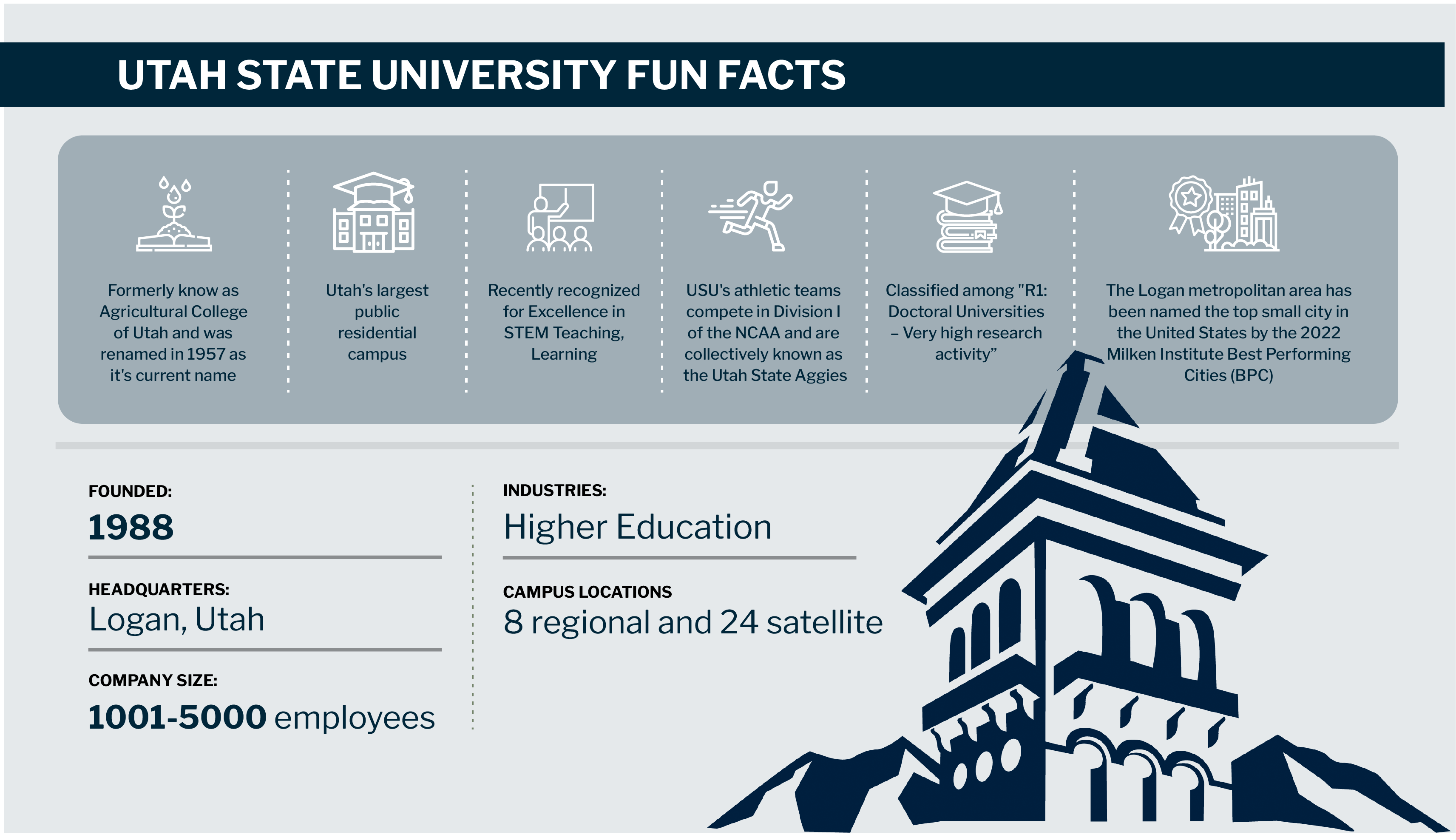Doug Bullocks sits down with HRD to discuss the challenges of retention in economic uncertainty

It was in the middle of a tax accounting class that Doug Bullock realized this was not the career for him. As an accounting major at Idaho State University, Bullock was staring at a really thick book with really tiny text and something just shifted.
“I had a panic attack,” he tells HRD. “I realized I couldn’t do this for the rest of my life.”
Now, as associate VP of HR at Utah State University, he found his way into the sector – as a lot of people do – by chance and circumstance.
“I ended up doing some career testing,” he tells HRD. “The results came back that I would be a good bus driver, I could be an Air Force pilot or that I could be in management and personnel. So I wound up taking some personnel classes, loved those, lucked out and got a job right out of college in HR.”
Recognition vs retention
Now, having just crossed the 30 year mark in his HR career, Bullock isn’t showing any signs of slowing down. Steering the HR helm at Utah State, he tells HRD that his main areas of focus this year are the two Rs – recognition and retention – and how the two play-off of one another.

“We're really focused on recognition and retention, particularly post-COVID as the employee value proposition has shifted,” says Bullock. “I think people have reassessed what's really important to them - they want flexibility from employers for the contributions they make. We’re a public institution, so we do have some pressures on the salary side. As such, we’re trying to focus on what our people want, trying to work towards better understanding our employees.”
And Bullock isn’t alone in this challenge – trying to reward top employees, attract new talent while working within budgetary restraints. The ongoing inflation crisis coupled with cost of living concerns means employees are constantly on the hunt for higher pay.
According to data from Hays, 58% of employee plan on asking for a pay rise this year – with 37% expecting to receive a five percent bump or more. Despite this, just 20% of employers plan on offering any kind of salary hike. For HR leaders, it’s about balancing the need to retain staff, rewarding them without breaking the bank.
“We're looking at employee surveys adding in other benefits, things that are low cost but a bit more value for individuals,” says Bullock.
Willing to quit for enhanced values?
One of the ways organizations can position themselves as an employer of choice in this competitive market is to align themselves with employees’ values. In 2023, two of the main attractors for candidates is corporate purpose and sustainability – particularly round diversity, equity and inclusion. As an academic institution, Bullocks says Utah State is committed to this in a big way.

“We’re looking at this generationally as well,” he tells HRD. “Knowing that we have not only the Boomers, many of whom haven't retired yet because of the economic situation, the Gen Xers, who’ve really risen up through the ranks – and right behind those you have the Millennials, you have the Gen Zers, and some of their value sets are different.”
And the data is there to back this up. According to research from Qualtrics, employees who think their organization’s mission and values align with their own are 70% more likely to recommend their company to candidates. Furthermore, 52% of workers would be more than willing to take a pay cut to work for a company with better values.
“Generational values may not be around what the organization itself is about, but rather whether or not their values align with what the organization is trying to do,” says Bullock. “If they match, they’ll stay. If they don’t, then they might move on to the next thing to give back to the community in another way.”








